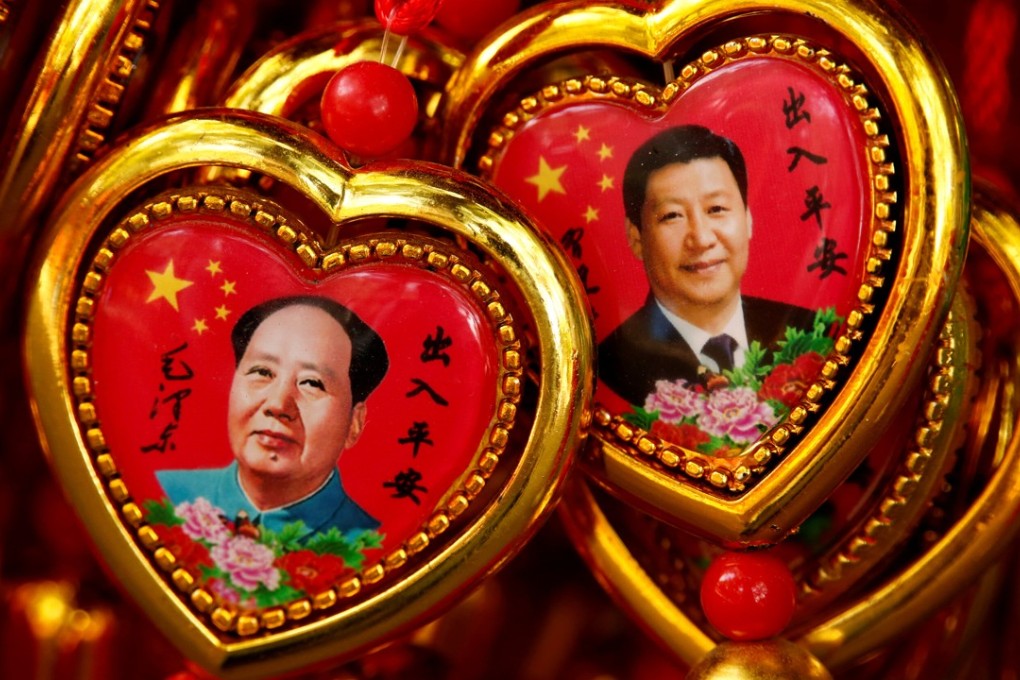Can Xi Jinping’s corruption battle in China place the people above the Communist Party?
Chi Wang says while the Chinese president’s sweeping anti-graft campaign has already felled over a million tigers and flies, the real long-term test is to root out the culture of corruption, updating people’s values to those that befit a more prosperous nation

The danger corruption poses for the ruling leadership is clear from looking at China’s history. In imperial China, a dynasty would form under the mandate of heaven, then grow and prosper. Over successive generations of rulers, however, corruption would take root, and the people would lose faith in their ruler, calling the mandate of heaven into question. Ultimately, one dynasty would decline and a new one would rise in its place.
The dynastic cycle has seemingly outlived imperial China. The 1912-1949 Republic of China was also beset by corruption. Mao Zedong’s highlighting of the corruption among Kuomintang leaders helped the Communists, with proletariat values and grass roots origins, win the civil war.
Tigers and Flies: how graft probes have shaken China’s political elite
I left China in 1949 to study in the US, returning 23 years later, in 1972, on behalf of the US government to help initiate cultural exchanges. I witnessed a fledgling country trying to put itself back together after war and internal strife. People seemed honest and focused on making the country better. They talked about serving the people, not serving themselves. There was no room for corruption.